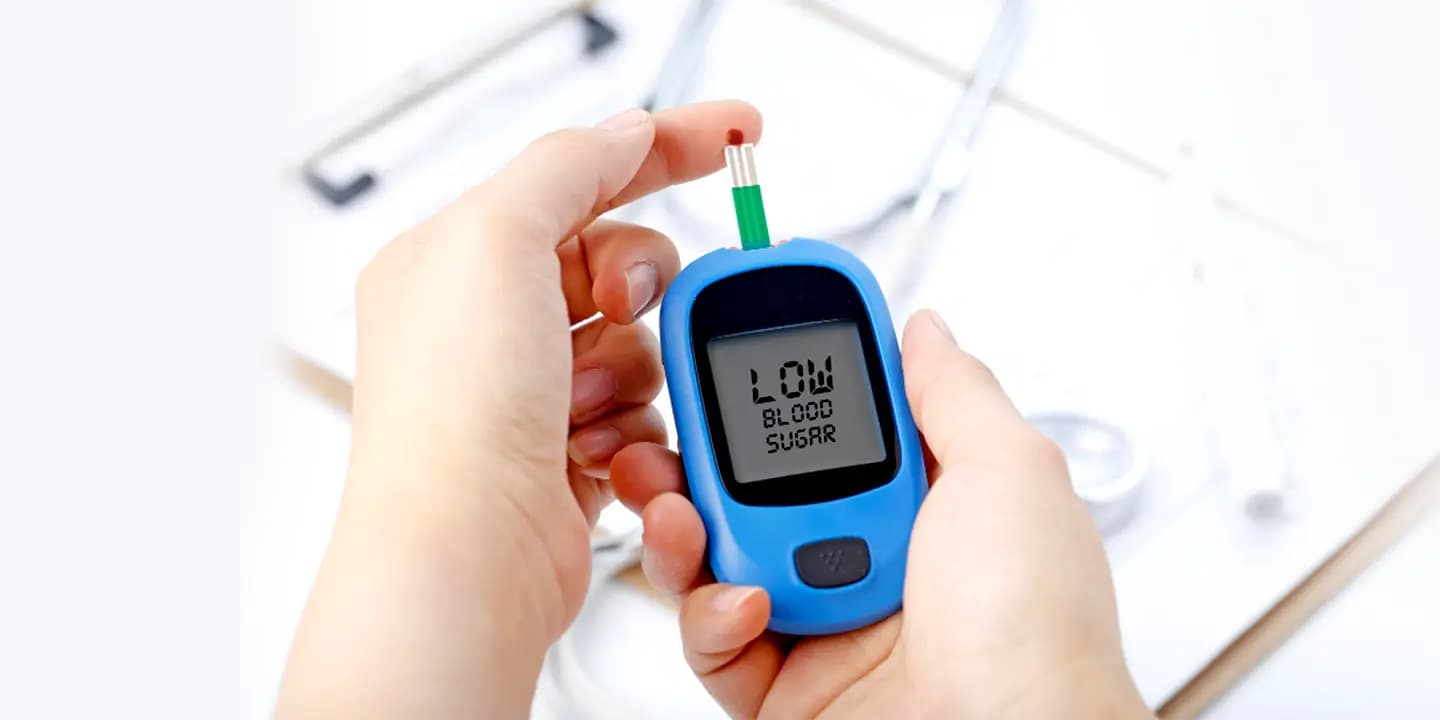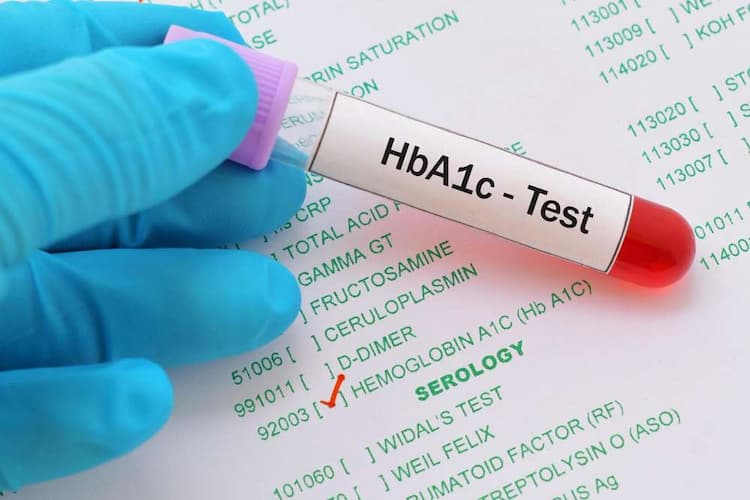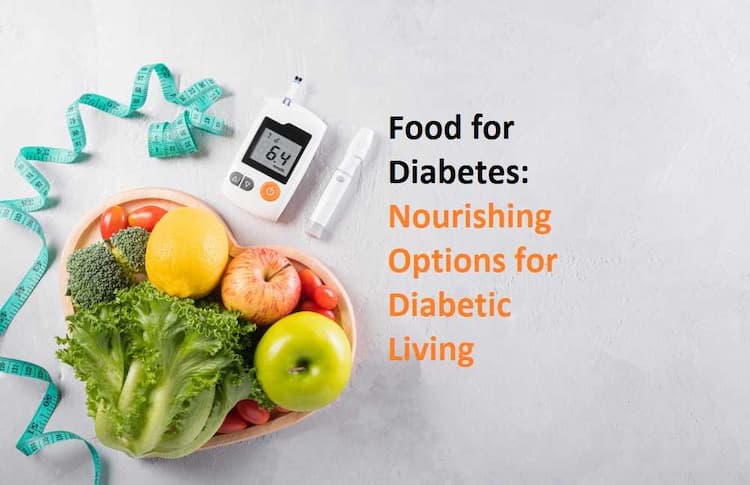Diabetes Fatigue: Its causes, how to manage and control it

Medically Reviewed By
Dr. Ragiinii Sharma
Written By Prekshi Garg
on May 17, 2022
Last Edit Made By Prekshi Garg
on Mar 18, 2024

Diabetes is a leading chronic and metabolic disorder affecting millions of people around the world. The diagnosis of diabetes is often prefixed with “fatigue” as it is the leading symptom of the disease. Even statistics from the American Diabetes Association accepts that 61% of newly diagnosed Type-2 diabetes patients complain about tiredness and fatigue throughout the day.
There is a common misconception about the difference between fatigue and tiredness. Although their basic meaning might seem similar, fatigue and tiredness manifest differently in different people. People experiencing exhaustion often feel fresh and recover after resting or quality sleep. On the flip side, people with fatigue find it difficult to eliminate these feelings of lethargy even after rest.
This article will look further into the meaning of diabetes fatigue, its probable causes, and management.
What is Diabetes Fatigue?
Diabetes fatigue is a state of constant lethargy and exhaustion that people with diabetes feel throughout the day. It is often co-related to chronic fatigue syndrome.
Although elevated blood glucose levels are the primary contributor to fatigue, accessory symptoms of stress and underlying inflammatory markers in the body also contribute to the prevalence of this syndrome.
What are the Causes of Diabetes Fatigue?
Sitting here, you must be wondering about the correlation between diabetes and sleepiness. Why do you feel tired 24x7, despite getting enough sleep?
Unmanaged diabetes results in fluctuating blood glucose levels, a key trigger of fatigue in diabetes patients. The majority of the studies indicate that the primary reason behind diabetes fatigue is due to the complications that come with the disease.
Let us explore all of the possible causes in detail:
Unregulated fluctuations in the Blood Glucose Levels
Irrespective of diabetes, the condition leads to elevated blood glucose levels. In a healthy individual, the glucose produced from the ingested food is metabolized by insulin to produce energy.
In diabetics, the condition impairs the optimal functioning of the insulin, leading to high and uncontrolled blood glucose levels in the body. There are two probabilities – the pancreas doesn’t produce enough insulin, or the produced insulin isn’t getting absorbed by the cells effectively.
Since glucose is responsible for generating energy, the lack of it in the cells leads to feelings of lethargy and fatigue over time.
Alternatively, drastically low blood glucose levels, known as hypoglycemia, can also be a reason behind the fatigue. This is a common side effect of diabetes medication.
Accessory Symptoms of Diabetes
Would you be surprised if we said that most of the accessory symptoms of diabetes like frequent urination, excessive thirst, sudden weight loss, and blurred vision contribute to signs of chronic fatigue in diabetes patients.
All of these symptoms make a patient feel physically unwell throughout the day. Diabetes patients with poor sleep quality at night also experience weakness throughout the day.
Discussing these complications and additional symptoms with the primary care physician can help better manage the problems in the long run.
Diabetes-Related Complications
Diabetes is a metabolic disorder that eventually disrupts the normal functioning of several vital organs, including the kidneys, heart, etc.
So, it isn’t surprising that most people with diabetes experience fatigue due to the associated complications, including kidney failure, infections, heart disease, and nerve damage.
If you are experiencing associated symptoms besides the standard diabetes symptoms, seek further medical help for a comprehensive understanding of what’s wrong.
Side Effects of Diabetes Medications
Although medications have positive impacts on the health of a diabetes patient, it comes with a few consequences too.
Most of the medications prescribed for diabetes cause fatigue as a side effect. The different types of diabetes medication that contribute to fatigue include:
- Corticosteroids
- Statins
- Diuretics
- Beta-blockers
- Metformin
Since diabetes often leads to complications related to the patient’s heart health, doctors might prescribe beta-blockers as a preventive measure. Beta-blockers slow down the heart functions, leading to lethargy, exhaustion, and tiredness.
Impacts on Mental Well-being
Not just physical exhaustion, many diabetes patients also experience mental fatigue as a side effect. Even studies suggest that people with diabetes have a 20% more risk of developing depression than non-diabetics.
Depression and anxiety often manifest as lethargy and fatigue throughout the day. Most patients have a constant feeling of being unwell, including sleep disruption.
Obesity
Another key marker associated with type-2 diabetes that contributes to excessive feelings of exhaustion and lethargy is obesity.
Obese people have heightened risks of having a hormonal imbalance, impaired metabolic activity, and elevated blood glucose levels, leading to diabetes fatigue.
Obesity is also a primary contributor to obstructive sleep apnea, which is another condition that disrupts quality sleep and leads to the prevalence of lethargy and fatigue in diabetes patients.
Poor nutrition and lack of social support also often contribute to diabetes fatigue in the patients.
How can One Effecively Manage Diabetes Fatigue?
Most doctors suggest that addressing one concern alleviates the other. So, when you manage your diabetes, the symptoms of fatigue might get better over time. The same applies when you are fighting the signs of fatigue to manage your diabetes complications.
Some of the most effective ways of managing diabetes fatigue include:
Introducing lifestyle changes
Poor lifestyle choices for diabetes patients contribute to further complications. So, the first step towards combating diabetes fatigue is by introducing tangible lifestyle changes.
Eating a nutritional and balanced diet and leading an active lifestyle were found to alleviate the symptom of diabetes fatigue in the patients.
Positive lifestyle changes also help with weight management, crucial for overweight or obese type-2 diabetes patients. According to ADA, regular exercise is associated with optimal glucose metabolism in diabetes patients.
So, instead of leading a sedentary lifestyle, switch things up and go out for a walk in the morning or evening. Pair that with a diet including whole grains and fresh produce, and you should start noticing changes in your overall well-being.
Practicing Good Sleep Hygiene
One of the most common triggers of diabetes fatigue is poor sleep quality. So, practicing good sleeping habits is a way to manage the symptoms and overcome them in the long run.
Doctors suggest getting 7-9 hours of quality sleep to let the body relax and recover throughout the night.
The easiest way to introduce healthy sleeping habits is by creating a sleeping routine at night. Have a set time for bed and waking up the next day. If you habit using your smartphone before sleep, ditch that habit too.
Work on Optimal Social Support
A study conducted in 2013 found that diabetes patients surrounded by the support of their family and friends exhibit reduced signs of diabetes fatigue compared to those alone.
If you feel drained and exhausted at the end of the day, sit down and discuss the issues with your primary care physician. Sometimes, all you need is to convey your issues to your loved ones and seek the support you need for diabetes management.
Instead of limiting yourself to work and home, build a social life where you go out and mingle with your friends to improve your quality of life.
Manage your Stress
Stress is a direct contributor to fatigue. Not just in diabetes patients, stress is a unified element that can drain the last ounce of energy from a healthy person too.
So, if you are battling stress and anxiety, try to find positive ways to manage the symptoms. You can talk to a professional, find positive coping mechanisms or even eliminate the negative triggers from your life for good.
Eat a Healthy and Balanced diet
Chronic fatigue, a common side-effect of diabetes, is dependent on the food you eat. A diet rich in refined and processed foods contributes to weight gain, improper blood glucose regulation, and excessive visceral fat deposition, which are vital triggers behind diabetes fatigue.
Switch to a more balanced and nutritious diet with fresh produce regulates the normal blood glucose levels and supports optimal diabetes management, all of which can reverse the impacts of diabetes fatigue.
Frequently Asked Questions
-
What causes diabetic fatigue?
There are several causes behind diabetic fatigue, including unregulated blood glucose levels, diabetes-related complications, side effects of medications, etc.
-
What is the best management of diabetes?
The best way to manage diabetes is by focusing on eating a healthy, whole-grain-based diet and introducing healthy lifestyle changes, including exercise, quitting unhealthy habits, etc.
Conclusion
Diabetes often leads to a series of complications in the body; chronic fatigue is one. Fatigue is not just draining but also impairs one’s quality of life. Introducing tangible lifestyle changes can improve energy levels and combat the feelings of exhaustion throughout the day. If the diabetes symptoms aren’t improving, consider seeing your primary care physician can help you find the causes and alleviate the symptoms effectively.



